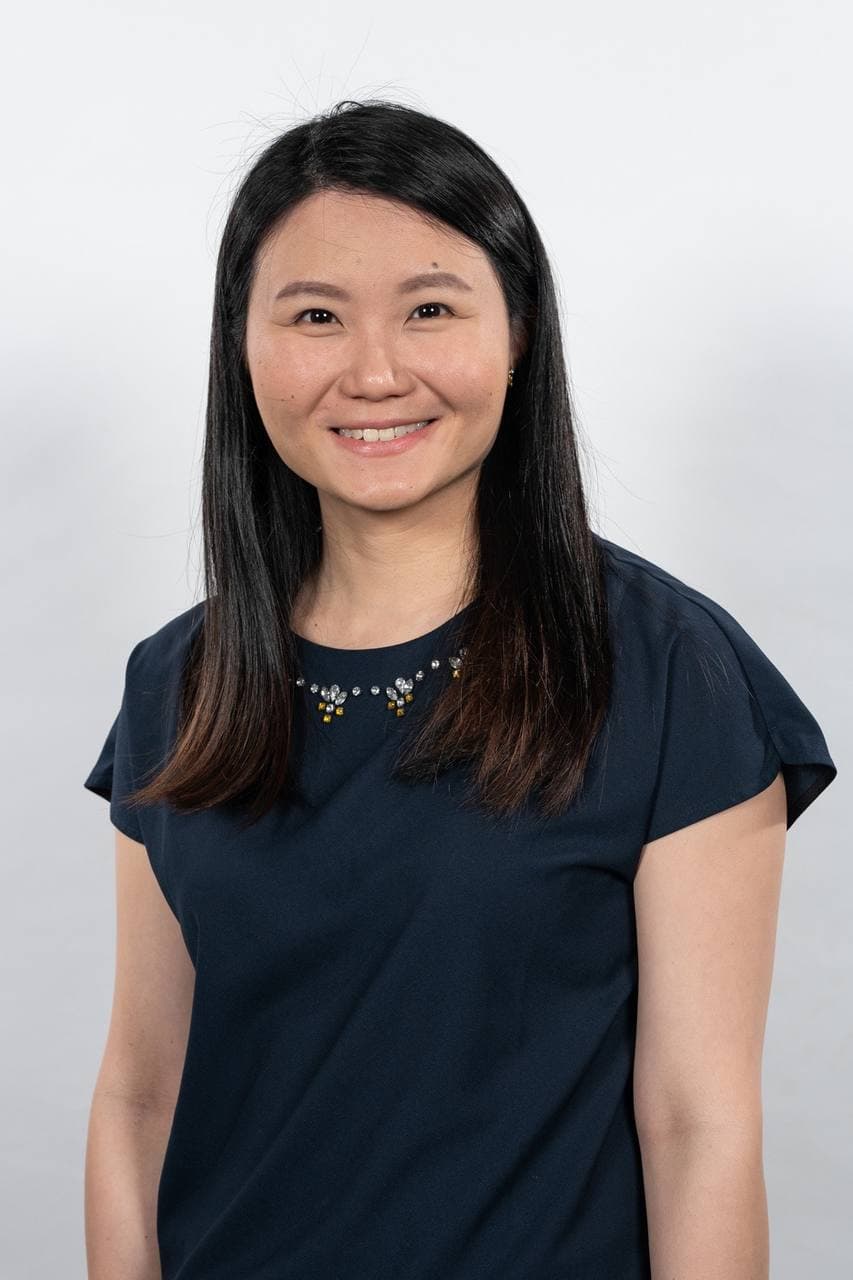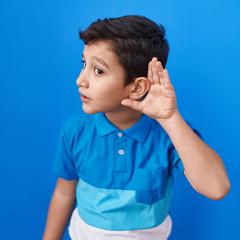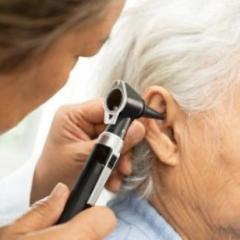Occupational Therapy HDR Student Amelia Tan recently took out the top prize at the School of Health and Rehabilitation Sciences 3MT competition, as well as the People’s Choice Award at the Faculty of Health and Behavioural Sciences final, for her presentation: “Improving stroke rehabilitation for our loved ones: can decision making aids help?”
We caught up with Amelia and asked her a few questions about her experience in 3MT, her research, and what the future holds.
 Why did you decide to compete in the 3MT? What were you hoping to get out of it?
Why did you decide to compete in the 3MT? What were you hoping to get out of it?
I was interested in participating in the 3MT ever since I watched the 2019 Asia-Pacific 3MT Final. I remember being amazed at how the finalists used clever analogies to help us better understand their research, and shared their research with natural charisma and ease.
In 2020, I attended a seminar organised by my School about knowledge translation and impact. It was an uncomfortable reminder that I should ensure my research has reach and impact beyond the world of academia, journal publications, and conference presentations. This reinforced my determination to participate in the 3MT. I wanted to learn how to communicate my research in an accessible and relatable manner to a lay audience, and the 3MT seemed like the perfect opportunity for learning and practice.
Reading an 80,000 word thesis would take around 9 hours. 3MT competitors describe their research in 3 minutes! How did you go about doing that?
I knew that the introduction had to be engaging and interactive to capture the audience’s attention. So, I started my 3MT by getting the audience to imagine and understand the consequences of a loved one having a stroke. I wanted them to realise that my research’s underlying problem could suddenly hit close to home – it could affect them personally. Since everyone loves stories and personal anecdotes, I also linked this back to my own experience when my mum had a stroke.
After setting up the problem and need, I could then move on to describe my research method and findings. This was the trickiest part to keep concise and free of jargon. It took many drafts to refine my speech, with many rounds of cutting out unnecessary details and rephrasing to enhance clarity. I made sure to conclude my 3MT with a link back to the introduction and bigger picture that my research ultimately helps people who had experienced a stroke, including our loved ones.
How has competing in the UQ 3MT competition helped with your PhD thesis?
Participating in the 3MT has taught me to distil my research down to its key points. It’s also helped me to better articulate the broader impact of my research findings. The time spent on thinking about my PhD research has given me a renewed perspective about my research’s underlying problem and need, and how my studies are connected to one another. This deeper conceptualisation of my entire PhD would definitely help when I’m writing up my thesis!
What’s next for you and your research?
My PhD research contributes new knowledge about the use of decision-making aids to provide individualised management of the upper limb (arm and hand) for people with acquired or traumatic brain injuries. Beyond the PhD, I hope to extend my research by pursuing new research on clinical reasoning and upper limb neurological rehabilitation, which are my interest areas. I would also be keen to start supervising Honours research students.
In the past 2 years, I’ve had various opportunities to teach undergraduate and graduate entry masters occupational therapy students across different year levels. Having enjoyed all my teaching roles as a tutor and clinical educator, I would love to continue teaching in some capacity. However, I also miss the daily interactions with clients from when I used to work as an occupational therapist in clinical practice. The possibilities are endless! I love being continually challenged and inspired, so my dream job would probably involve a healthy mix of academic, research, and clinical work!



